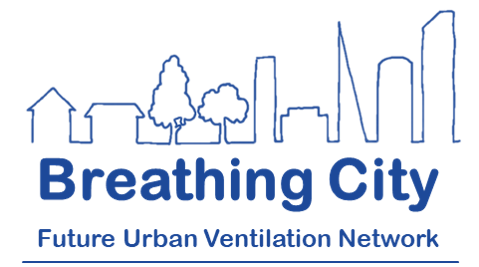Theme Lead: Tim Sharpe
Theme 3 identifies and engages with potential users at different scales. Current approaches to policy and regulation tend to be piecemeal and driven by different departments and agencies. Through workshops and focus groups the theme is:
- identifying common and overlapping areas of influence and expertise to identify gaps in knowledge needed to inform cohesive strategies for informed policy. This may include aspects such as planning policies and building regulations but would also link to wider regional and local health strategies, and also development of standards (e.g. BSi or CEN) for urban air flow.
- engaging and informing built environment professionals, including those responsible for design, construction and regulatory enforcement, insurance and investment to understand what tools and guidance is needed that can be used at design, compliance, construction, commissioning and maintenance stages. The theme considers resources and access to expertise and tools that can be used by manufacturers to develop new products and services that mitigate poor air quality or that reduce pollutant emissions from buildings.
- explores information and tools for use by building owners and occupants, through community science activities to engage the public and practitioners with understanding of the role of ventilation and airflow in air quality exposures. This includes focus groups in test neighbourhood areas and a survey to assess how ventilation practices vary across the life course, particularly for those with respiratory health conditions. We are adapting this from a previous survey and use the PHE people’s panel and our clinical and local authority partners to effectively target participants. We are considering user guidance such as advice on use of ventilation provision, including exploration of novel delivery mechanisms such as online resources, apps, serious gaming, and videos, while also exploring the use of indoor and outdoor sensors and data networks to identify and communicate pollution risks and events.
The theme will also seek out unanticipated needs and gaps in knowledge that this network can investigate.

